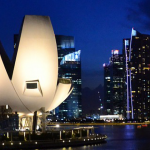If you think all Australia has to offer is koala bears, surfing and the outback, think again.
With plentiful sunshine, outdoor opportunities and cities open to new arrivals from different cultures, Australian MBA programs are attracting students wanting to develop careers in finance, consulting and, increasingly, entrepreneurship.
The Director of MBA programs at Monash University Patrick Butler says, “Australia really is an open, modern, diverse, multicultural country.”
“People coming to Australia from around the world will find themselves in a really mixed environment.”
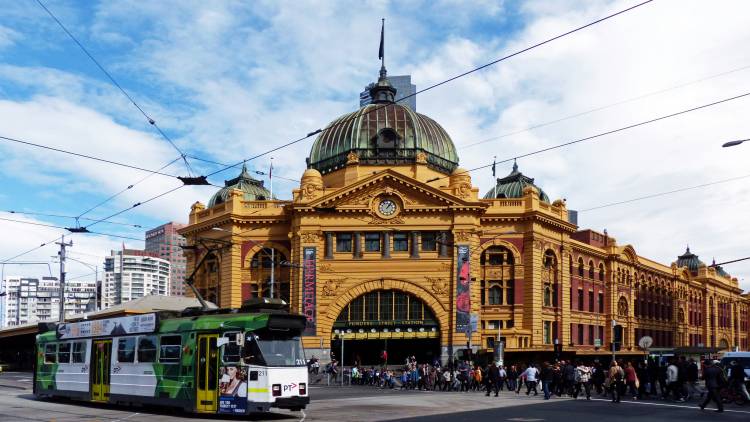
And Professor Butler knows what making that move is like. He came to Australia from Ireland more than ten years ago for two years and ended up staying.
“I was based at Trinity College Dublin and I thought I had the best job in Europe. We just came for a two-year period, our children were very young, and we never went home.”
He says this was partly because things worked out well professionally, but also because his family settled in so easily. “Within a year it was clear that this felt more like home than home.”
In the current MBA class there are 50 students and about one third are international students.
“But if you looked at the class, you couldn’t tell who was international and who was a local,” says Professor Butler.
“The business school programs are populated both on the supply and demand side by an international cohort of people, so we have international faculty and staff and we attract international students.”
Beyond Monash, a number of business schools offer internationally-accredited MBA programs. In Sydney there’s Macquarie Graduate School of Management (MGSM) and UNSW’s Australian Graduate School of Management (AGSM); Melbourne Business School offers MBA programs in Melbourne. On the country’s west coast, Curtin Graduate School of Business offers an AACSB-accredited MBA program in Perth.
Other notable business schools offering MBA programs in Australia include University of South Australia, the University of Queensland, and the University of Western Australia (UWA), among others.
Cultural diversity makes settling in easy
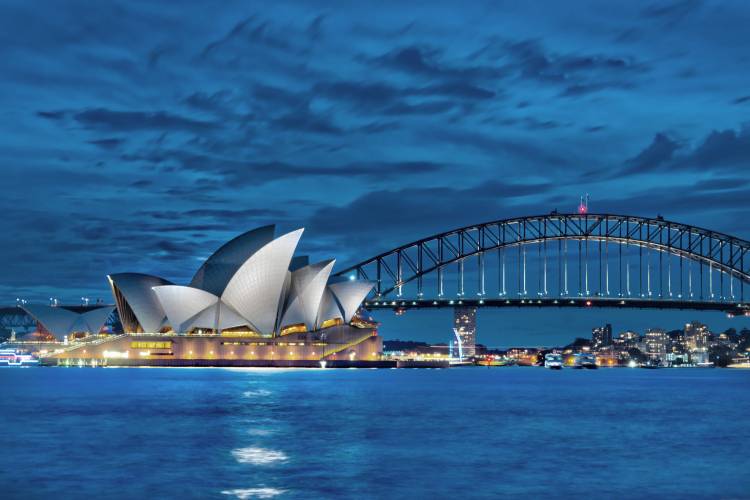
The diversity of the country’s cities means that many MBA students feel right at home, according to Jayne Gao, admissions manager at AGSM.
“Sydney is one of the places you can see different nationalities everywhere,” says Gao. “And it’s really multicultural. Even in one organization.”
“Last night I was speaking to a Russian alumnus and he works at American Express. He said that at his company 70 percent are international.”
“So it’s really easy for students to settle in,” she says. “It’s also very easy for people from outside of Australia later on to find a job in a local company or organization because everyone is so open-minded and they’re very open to immigrants and people coming from different cultures.”
Indeed, a 2011 census found that almost one-quarter of Australians were born outside of the country, and over 40 percent of people surveyed had at least one parent born overseas.
Australia offers plentiful post-MBA job prospects
[See also: Post-MBA Career Opportunities in Australia]
Beyond multiculturalism, Australia also offers many job prospects for MBA graduates who want to settle there.
“Australia is quite fascinating,” says Professor Butler at Monash University. “We haven’t had a major recession for about a quarter of a century. But we’re an economy that is in transition.”
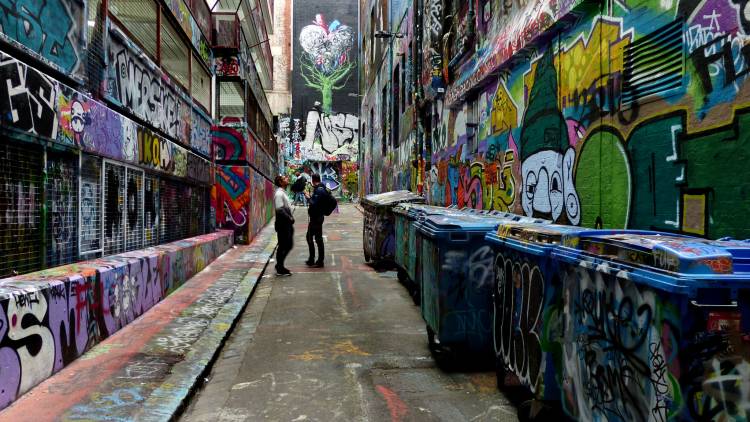
“We’re moving from a huge resources boom over the last decade to becoming a more knowledge-based economy,” he explains. “We are shifting our dependency on the primary extraction of resources to high-end technology and manufacturing, high-end science-related services.”
“Those kinds of positions are very attractive for people with MBAs, and that’s where the economy is going.”
Jayne Gao at AGSM agrees that Australia offers compelling work opportunities for MBA graduates.
In fact the AGSM MBA has been designed with international graduates in mind, helping them to obtain work visas and employment following graduation.
Gao explains that as Sydney is Australia’s financial hub, many AGSM graduates who stay in Sydney end up in consulting, banking and finance.
“All the big consulting firms, and the boutique consulting firms, they recruit from AGSM every year at our careers month in August and September.”
But the sheer size of the country means that post-MBA job opportunities can vary widely. Australia is home to a large manufacturing industry, for instance; jobs can be found there as well as in other sectors like energy, mining, and media.
Gao says she is also seeing more and more international MBA graduates staying in Australia to start to their own businesses, making use of the both country’s flexibility towards entrepreneurship and their existing connections from back home to develop international businesses.
In Australia if you have studied a two-year master’s degree in Australia then you are eligible for a two-year work visa. From there, permanent residency will be one step closer.
See all MBA programs in Australia
While AGSM’s standard MBA can be completed in just 16 months, students have the opportunity to do the MBA Extension program, which tops them up to reach the two-year threshold.
“On top of the 16 months students will do another half-year internship or research project,” says Gao.
And students do seem to be taking the opportunity. Gao says that about 70 percent of AGSM’s students tend to come from outside Australia for the MBA and 70 percent of the total cohort remains in Australia after graduation.
Good opportunities to do business with Asian firms
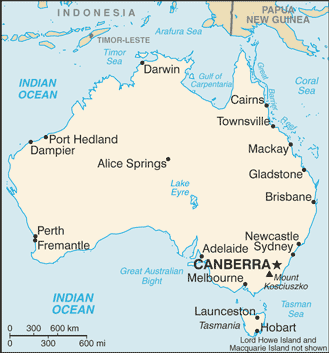
Australia’s proximity to Asia makes it an attractive place to study and do business.
And some business schools are leveraging the proximity in their MBA programs. For instance, the University of Queensland’s MBA program is designed to make use of this connection with its Global Consulting Practicum, a three-way partnership with MBA programs at the Wharton School of the University of Pennsylvania and Fudan University.
Students from each institution form a group to create solutions for real businesses that want to enter one of the three markets, Australia, the US or China.
MBA admissions team manager Caron Crossan says the experience has students making “marketing plans, strategic plans, entry modeling, doing research in a particular field” and learning about competition.
Right now the cohort on the University of Queensland’s MBA program includes just two percent international students.
But Caron says the admissions team would be happy to welcome more.
What might be holding people back, she explains, is the expectation that all MBA students on the school’s program have solid leadership experience.
This expectation is also what makes the program so attractive. As Caron explains, “we’ve got an outstanding leadership focus on our program and the network that people can tap into is fantastic.”
“It’s really the people you meet in the classroom that sets us apart.”
The program is taught in Brisbane, a city known for its year-round sunshine and mild (to non-existent) winters.
“Brisbane’s a great city,” says Caron. “I think it’s the weather, we’re on a river, there are lots of green spaces, there’s lots to do. The people are always outside, cycling, swimming, running, having picnics. It’s a really fun city.”
Images:
- Brisbane CBD by Andrea Ferrera CC BY 2.0 (cropped)
- Flinders Street Station, Melbourne, Australia by Bernard Spragg NZ CC BY 2.0
- Sydney Opera House at Dusk by Trey Ratcliff CC BY 2.0
- Hosier Lane Melbourne by Bernard Spragg NZ CC BY 2.0
- Australia map by World Factbook CC0







